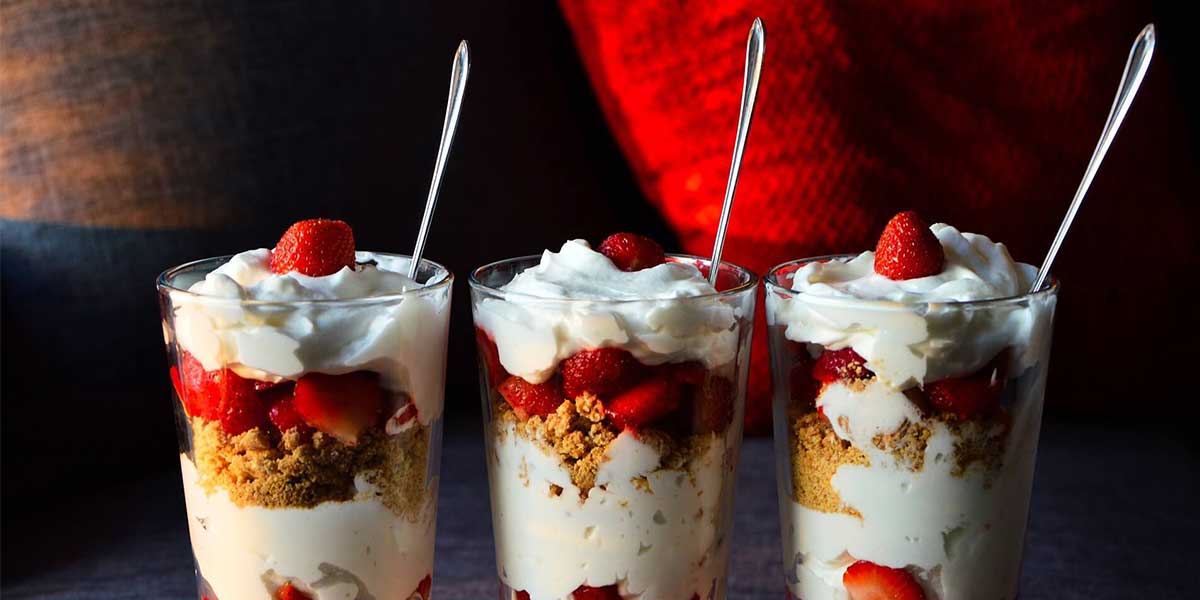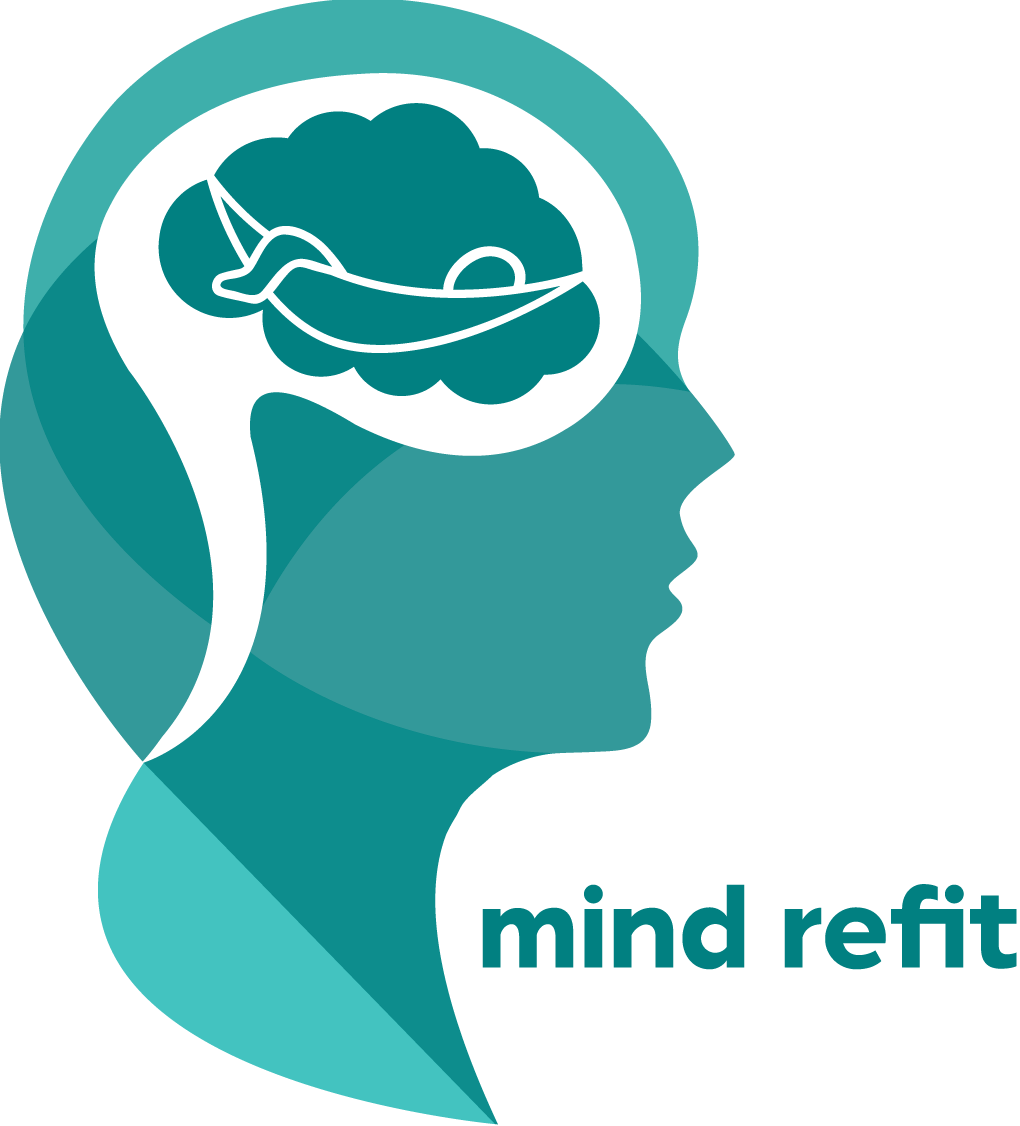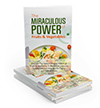
From our hearts to our brain to our very own skin, antioxidants protect our organs. In our previous article, we explain how antioxidants work in our bodies. Most of these benefits come from the simple idea that these molecules prevent cellular damage. They buffer the damage caused by free radicals, molecules with loose electrons that are very unstable and harmful. There are also different types of antioxidants with a variety of benefits. Here, we discuss 6 antioxidant benefits and their sources
1. Vision
Age-related macular degeneration (AMD) is one of the leading causes of vision loss in the older population within the US. A blurred central visual field can compromise daily activities such as reading, watching TV, driving and so on.[1] Thankfully, antioxidants can help prevent such condition! Studies suggest that diets rich in antioxidant vitamins can reduce the likelihood of developing AMD.[2] Specifically, vitamins E and C, alongside selenium, can reduce cellular oxidative stress in the retina and the macular region of the eye. Research also points out that anthocyanins and carotenoids can reduce the risk of AMD.[3]
2. The Heart
An organ that is easily affected by free radicals is the heart and its entire set of pipes (arteries and veins and so on). It’s important to maintain a healthy diet to keep our hearts in the best shape.
Antioxidant therapy can inhibit atherosclerosis, thereby preventing complications of myocardial infarction.[4] Atherosclerosis means plaque or gunk builds up in our arteries. Heart attacks and other coronary artery diseases occur when atherosclerosis is serious and our arteries are almost blocked. The lack of flow compromises the distribution of oxygen, one of the basic molecules our cells need to exist. With a diet high in antioxidants, we can prevent this! A study showed how a higher vitamin E, vitamin C and beta carotene nutrition is related to a lower risk of coronary artery disease.[5]
3. The Brain
The brain is a great target of oxidation and cell damage that free radicals tend to gather around. At the same time, a good way to prevent this neurodegeneration is to include antioxidants in our diets. Common conditions that classify as neurodegenerative diseases and are caused by free radicals include Parkinson’s and Alzheimer’s.
Alzheimer’s is characterized by impaired memory and cognition. Antioxidant therapy has been suggested as a promising therapy for countering this neurological condition. Specifically, lipoic acid, vitamin E, B carotene and vitamin C can help break down free radicals and other compounds that are damaging our cells.[6]
Parkinson’s is another neurological disorder that can be prevented by adding antioxidants to one’s diet. This condition is characterized by loss of muscle control and trembling due to deterioration of nerve connections. In this study, increasing vitamin E and B carotene in dietary intake was observed to be associated with a lower risk of developing Parkinson’s disease.[7]
4. Anxiety and depression
The two major topics in today’s mental health, anxiety and depression, can also be addressed with antioxidants. Researchers found that the group in a study that showed general anxiety disorder and depression symptoms had lower levels of vitamins A, E and C in the blood screenings sampled compared to the healthy, non-depressed group. When supplements were provided to this group, scores in such symptoms for both anxiety and depression improved.[8]
5. Skin
One non-dietary application and benefit of antioxidants are those used in skincare products. Since the skin is an organ that is exposed to environmental factors, it’s logical that free radicals can easily affect it. Many types of dermatoses or disease of the skin can be treated with antioxidants because they buffer the free radicals that normal skin cells produce.[9]
A specific example can be ultraviolet rays from the Sun. Damage from such exposure can be repaired with skin moisturizers. Damage can also be prevented with other skincare products that contain antioxidants. These are called infrared protective active agents and they can have both natural and synthetic antioxidants.[10]
6. Aging
A general aging process takes place in all of our body’s cells if we are constantly under attack of free radicals. Thankfully, antioxidants counter this. Research and studies go as deep as finding out what the biological mechanisms behind the anti-aging properties of antioxidants are. In general, antioxidants can reduce the age-related damage that free radicals cause.[11]
The main benefits of antioxidants can be summarized as protection from free radical damage, which is going to be different in each body part. Overall, it’s a good decision to add antioxidants to your diet and routine.
Resources
- Haddrill, M. (2018). What is age-related macular degeneration?. [online] Allaboutvision.com. Available at: https://www.allaboutvision.com/conditions/amd.htm [Accessed 12 Nov. 2019].
- Evans JR, Lawrenson JG. Antioxidant vitamin and mineral supplements for preventing age‐related macular degeneration. Cochrane Database of Systematic Reviews 2017, Issue 7. Art. No.: CD000253.
- Khoo, H., Ng, H., Yap, W., Goh, H. and Yim, H. (2019). Nutrients for Prevention of Macular Degeneration and Eye-Related Diseases. Antioxidants, 8(4), p.85.
- S.L. Nuttall, M.J. Kendall, U. Martin, Antioxidant therapy for the prevention of cardiovascular disease, QJM: An International Journal of Medicine, Volume 92, Issue 5, May 1999, Pages 239–244
- Price JF, Fowkes FGR. Antioxidant vitamins in the prevention of cardiovascular disease. Eur Heart J 1997; 18:719–27.
- Feng, Y., & Wang, X. (2012). Antioxidant therapies for Alzheimer’s disease. Oxidative medicine and cellular longevity, 2012, 472932.
- Yang, F., Wolk, A., Håkansson, N., Pedersen, N. L., & Wirdefeldt, K. (2017). Dietary antioxidants and risk of Parkinson’s disease in two population-based cohorts. Movement disorders: official journal of the Movement Disorder Society, 32(11), 1631–1636.
- Gautam, M., Agrawal, M., Gautam, M., Sharma, P., Gautam, A. S., & Gautam, S. (2012). Role of antioxidants in generalized anxiety disorder and depression. Indian journal of psychiatry, 54(3), 244–247.
- Addor F. (2017). Antioxidants in dermatology. Anais brasileiros de dermatologia, 92(3), 356–362.
- Schroeder, P. (2010). What is Needed for a Sunscreen to Provide Complete Protection. [online] Skin Therapy Letter. Available at: https://www.skintherapyletter.com/sunscreen/complete-protection/ [Accessed 20 Nov. 2019].
- Fusco, D., Colloca, G., Lo Monaco, M. R., & Cesari, M. (2007). Effects of antioxidant supplementation on the aging process. Clinical interventions in aging, 2(3), 377–387.





0 Comments